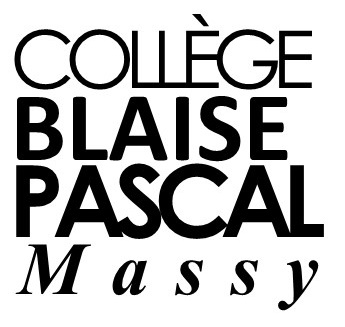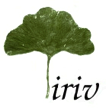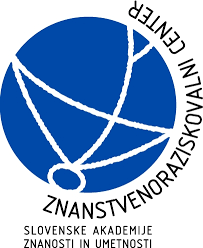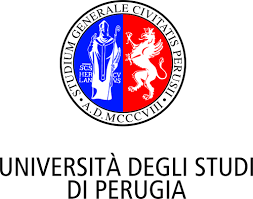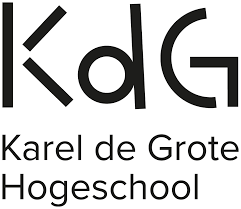Intellectual outputs
The Schola project aims at designing 3 main Intellectual Outputs (IO) :
IO1- a tool and method for professionals -teachers at school and educators outside school- in order to support them to be able to identify and assess the skills and competences acquired and/or to be developed by youngsters through a volunteering and therefore to support their work among youngsters facing difficulties at school or already early school leavers. Inspired by the Key competences for lifelong Learning (EU, 2006), basic and transversal skills will be identified and assessed on the basis of the experience acquired by youngsters facing difficulties at school through a voluntary experience with a link with skills & competences required at school
IOI- a tool & process- a portfolio - SCHOLA IO1 portfolio EN 2017.pdf
IO2- a mentoring for professionals will combine theoretical and practical content- a knowledge on Early school leaving (ESL) and the strategies offered to struggle against it ; an explanation of the roles played by the different educators ; a reminding of the different types of learning (formal, non-formal, informal) ; making work together on the ground different profiles of educators (teachers inside school and professionals outside school) ; a transfer of the experience acquired the first year among professionals
IO2- a mentoring for educators- Schola_IO2_Mentoring educators_June 2018-final.pdf
IO3- a final ebook will be published as pedagogical support for the Schola strategy to be spread among the networks built in the 5 countries gathering the feedback of the participants.
IO3- an ebook- SCHOLA IO3-ebook
The project is carried out transnationally as the outputs of the PISA study have proved the useful impact of transnational comparison to promote and implement educative policies. The Schola gathers countries with different educative backgrounds where non formal and informal learning is differently taken into account such as France and Belgium where some efforts have been made to enhance non formal and informal learning (at least among adults) and Poland, Italy or Slovenia where formal learning is still the main reference for assessing learning outcomes of pupils/students. Two transnational seminars will be held in Italy (2017) and in Poland (2018) in order to test the Intellectual outputs with a European team of professionals and educators working with students in sensitive urban areas.


